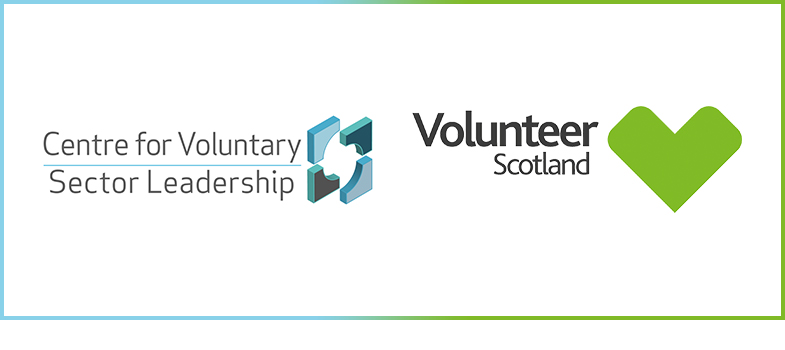‘Be interested in me’ continued
Outlined below are some methods that might help you get to know potential volunteers and for them to better understand your group or organisation and the roles available.
Provide information at the point of enquiry
It can be useful to have some introductory information that you can send to someone who wants to know more. It could be your current role descriptions and information on how to get started, explaining what the volunteer can expect and how they’ll be supported, or just a quick chat over the phone.
‘Open’ sessions
Holding an open session is a chance for people to come along and find out more. Potential volunteers can be invited to meet current volunteers and have an opportunity to ask questions about their experience and get to know others. Organising these social events can be very effective in communities where you are trying to encourage people to become more involved in local initiatives or activities.
Taster sessions
A ‘taster’ session is where people have an opportunity to experience what it might be like to volunteer. This also allows others in the group to meet potential volunteers, and the individual will get a sense of where they might fit in. After all, there’s no point in taking someone right through the getting started process only for them to come along on the first day and decide it’s not for them.
Application process
Having a form that is appropriate for your context is a useful way to gather all sorts of information that you might need from a potential volunteer: from basics like contact details and availability to more detail on why they want to volunteer, what they could bring to the role or if they have any support needs.
The application process needs to be accessible and proportionate. In some cases, it might be an application form followed by an interview; in others, a set of questions you use in a chat to capture the essentials and complete on their behalf.
When capturing any personal information about individuals, it is important to ensure this is done in compliance with the Data Protection Act 2018. More information and guidance on this can be found on the Information Commissioner’s Office [Tip: hold Ctrl and click a link to open it in a new tab. (Hide tip)] website.
Informal chat
No matter what other matching techniques you use, the most popular way of getting to know a potential volunteer is to meet with them for an informal chat or interview. However, it might not always be appropriate or even possible to do this for all contexts, such as large-scale volunteer involvement in events.
In addition, depending on the size of your group or organisation and the variety of roles, it could be good to involve others in meeting potential volunteers. Staff or volunteers that are ‘on the ground’ and will be working alongside a new volunteer are sometimes better placed to decide if someone will be right for a role.
In this video, James talks about why he feels it’s so important to ask a potential volunteer why they want to volunteer.

Transcript: James, Volunteering Manager, LGBT Youth Scotland. All rights reserved.
References
Having to provide a reference to volunteer can feel overly formal for some people. Indeed, for some people they might not have references to give and gaining a reference might be part of their motivation to volunteer. Due to this, insisting on two references might be a barrier for some individuals. It’s important to consider why you’re taking up references, what you hope to get out of it and make sure you explain this.
Protection of Vulnerable Groups (PVG) check or Disclosure
You will need to identify whether a role requires you to obtain a Disclosure or PVG check. You might consider having a recruitment of ex-offenders policy or a risk assessment procedure to help you respond appropriately to any disclosure returns. Where appropriate, evaluating this information along with any other information you have gathered is another way to help decide whether the potential volunteer is right for the role.
You can find out more about disclosure requirements in Scotland at mygov.scot. Volunteer Scotland has produced useful information on PVG for voluntary sector organisations.
In this video, Lisa from the Community Garden talks about their experience of matching people to roles, which is quite informal and based on interests and availability.

Transcript: Lisa, Co-convenor, Polbeth and West Calder Community Garden. All rights reserved.
3.1 ‘Be interested in me’
